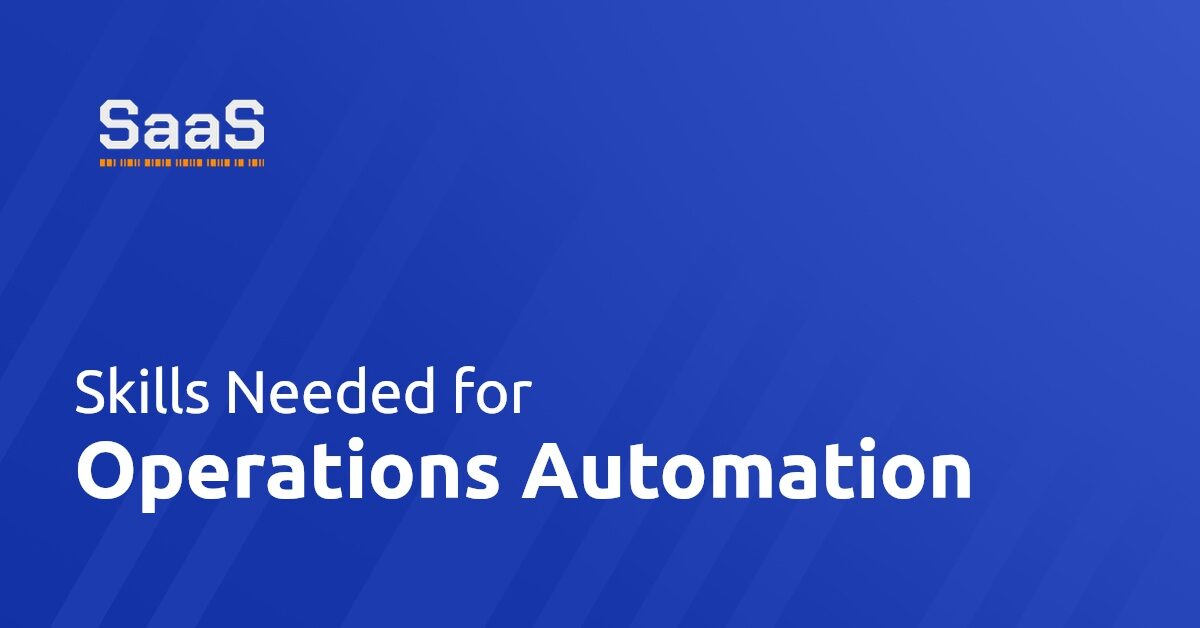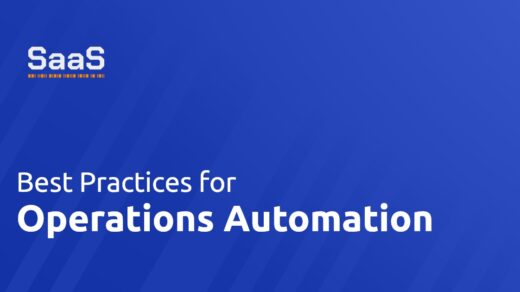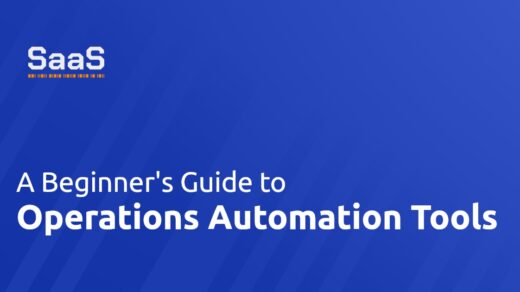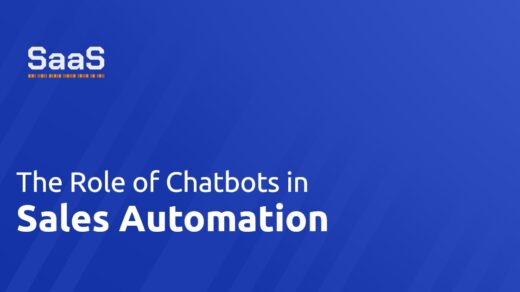Which skills are vital for an automated future?
As automation continues to revolutionize industries across the globe, it's important to understand the vital skills needed for an automated future. Complex problem solving should rank high on your list. With automation taking care of routine tasks, human intervention will be more focused on navigating complex issues that require critical thinking and analysis.
Digital literacy is another fundamental skill in an automated environment. It involves understanding and using digital technology, platforms, and applications. Those with a strong digital literacy grasp will certainly have an advantage navigating through automated operations.
Change management tools, although not a strict skill, are indispensable. As automation is implemented, changes to procedures, tools, and human roles are inevitable. Professionals adept in change management will be better equipped to facilitate these transformations smoothly, minimizing any disruptions that might occur.
How can individuals prepare for operations automation?
Preparing for operations automation starts with a willingness to learn and adapt to evolving technology. Embracing a continuous learning mindset is vital. This means upgrading your skills constantly through online courses, workshops or professional development programmes to stay current with the latest technology trends.
Being comfortable with data is another way to prepare. With most automated systems leaning heavily on data, understanding how to gather, analyze, interpret and use data will be invaluable. Furthermore, refining your programming capabilities can come in handy as you might need to perform tasks such as scripting for an automated platform.
Honing your soft skills shouldn’t be neglected either. Despite advances in technology, human collaboration and effective communication remain paramount. You should be able to interact effectively with colleagues, manage teams and present your ideas clearly.
What are the key skills required for an automated workforce?
In an automated workforce, certain skills stand out. Analytical thinking and innovation are key. With machines taking care of repetitive tasks, humans are needed to critically analyze information, bring out insights, and devise innovative solutions.
Emotional intelligence, often touted as a uniquely human skill, remains highly important in automated workforces. This skill entails understanding and managing your own emotions and the emotions of others. It plays a crucial role in building and maintaining positive relationships despite the automated processes in the background.
Lastly, distributed teams could be an integral part of an automated workforce. As automation can virtually eliminate geographical constraints, one should be able to work and coordinate with remote teams effectively.
Are you equipped with the necessary skills for an automated future?
Assessing your current skills in the light of these requirements is a good starting point to gauge your preparedness. Be proactive in filling any gaps you may discover, through continued learning and applying your knowledge practically.
Understanding emerging technologies such as artificial intelligence, robotics, machine learning and their implications is also essential. These are the technologies that are driving automation, after all.
Ultimately, striking a balance between technical and soft skills will best equip you for an operations automation future. This doesn’t mean becoming a jack of all trades, but rather, a master of some. Developing a blend of in-demand skills will position you as an invaluable asset in the face of automation. It all comes down to adaptability, lifelong learning, and the will to leverage technology to your advantage.








